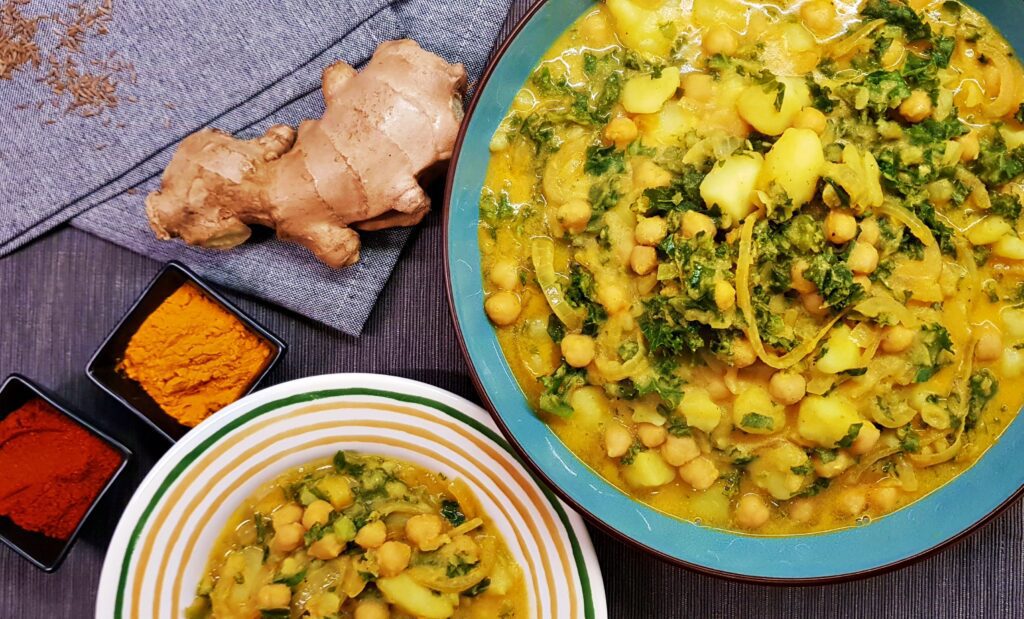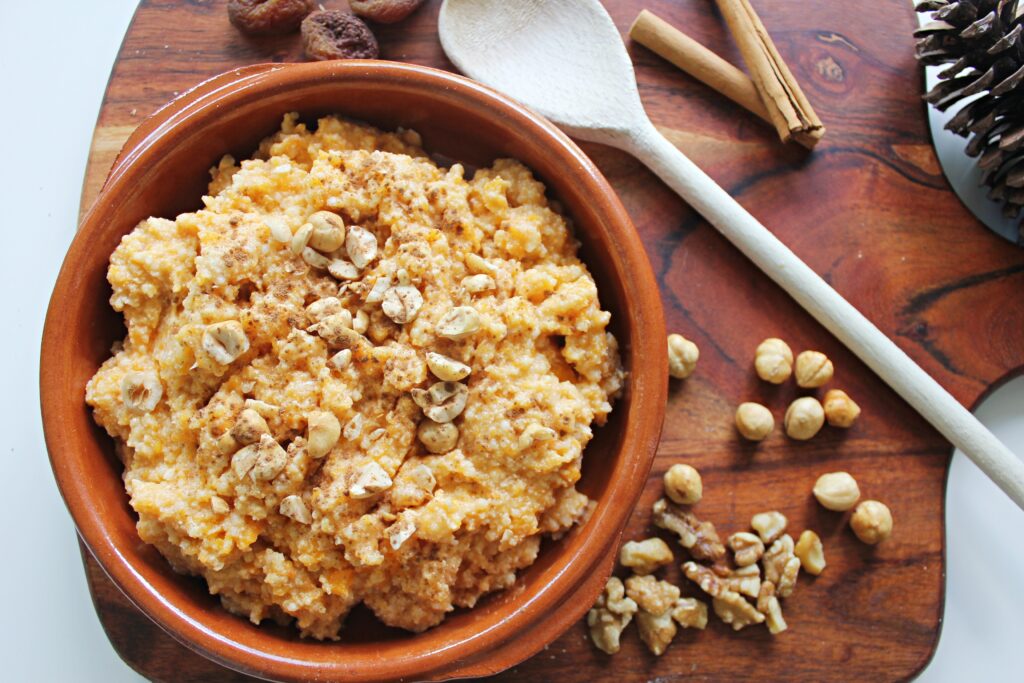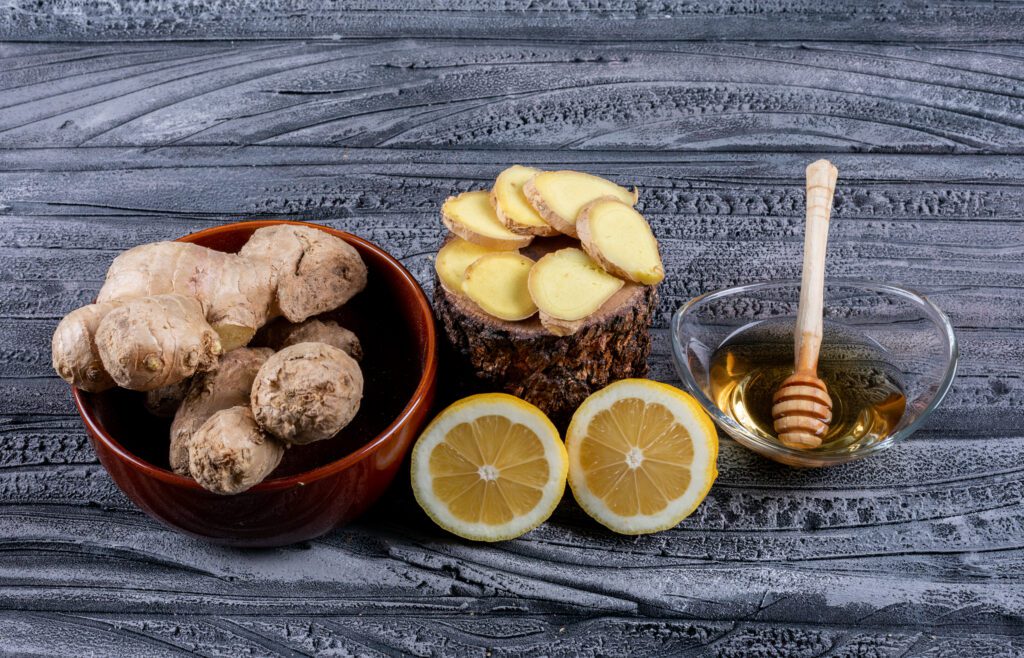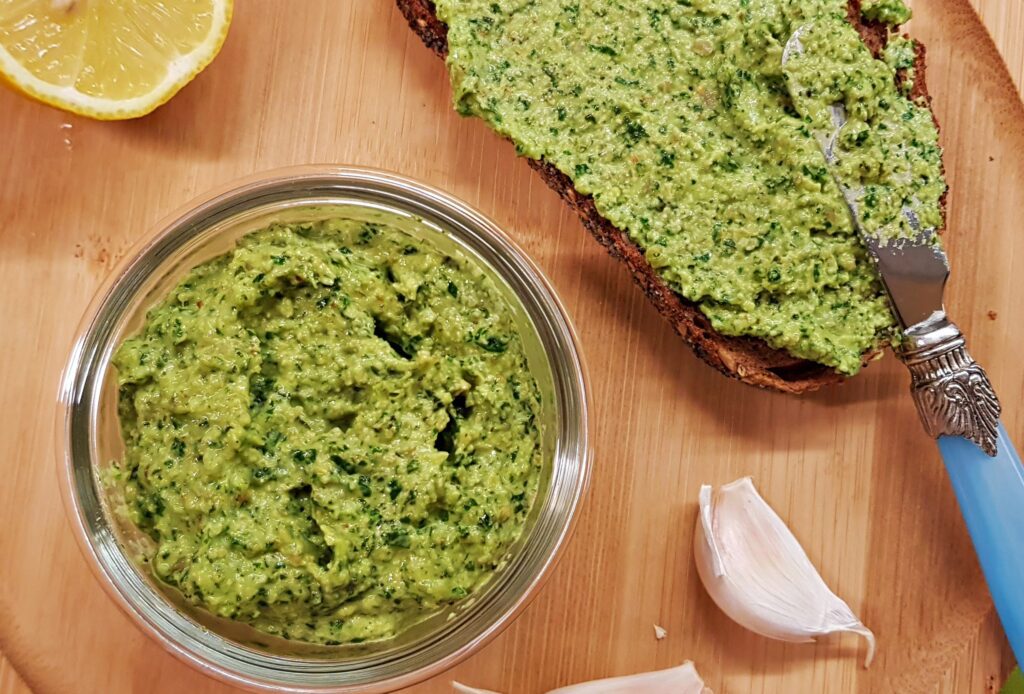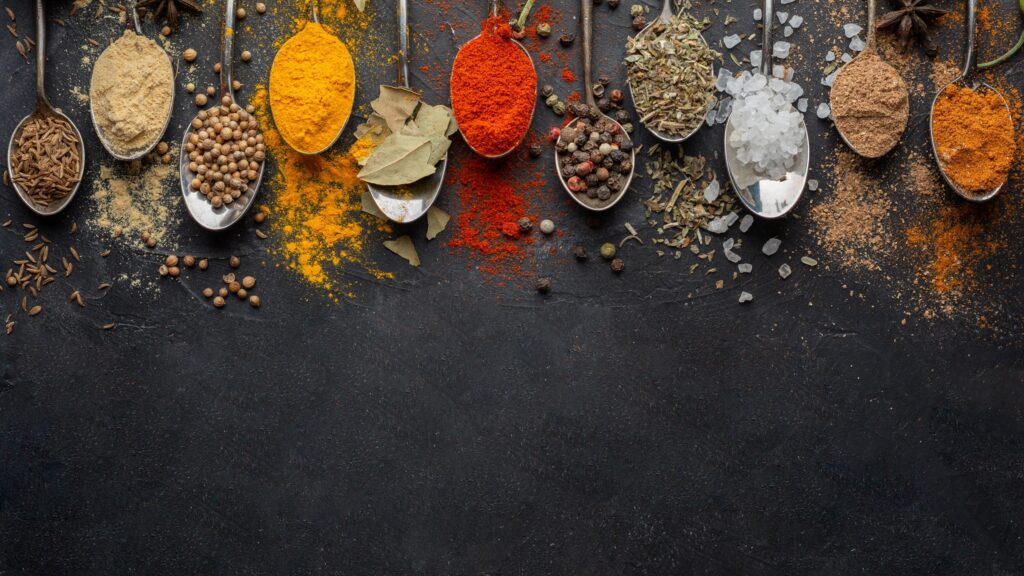In every kitchen, there’s a special treasure beyond just making food taste good. The Spices we have in our kitchen are like a home pharmacy, filled with natural remedies waiting for us to try.
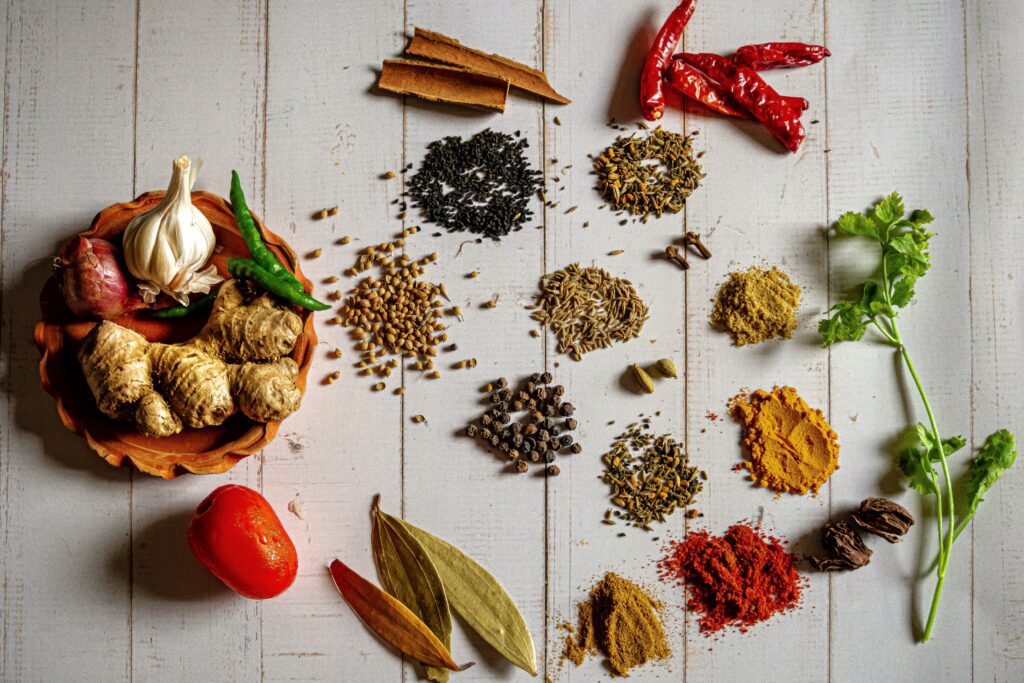
The Nutritional Value of Spices
Antioxidant Rich:
Spices are like tiny warriors against the unseen villains in our bodies called free radicals. They are loaded with antioxidants that help neutralize these troublemakers, supporting our cells in their quest for health.
Vitamin Boosters:
Just a pinch of certain spices can deliver a punch of essential vitamins. For example,thyme is very high in vitamin C and Vitamin A, these flavorful additions sneakily contribute to our daily nutrient intake.
Mineral Magic:
Sprinkling a bit of spice can also mean adding essential minerals to your diet. Think of cinnamon’s dash of manganese or oregano’s touch of iron – small quantities that make a big difference.
Inflammation Fighters:
Inflammation is like a tiny fire in our bodies, and some spices act as natural firefighters. Turmeric, for instance, contains curcumin, a powerful compound known for its anti-inflammatory properties.
Metabolism Boost:
Picture your metabolism as a busy worker in your body. Certain spices, like cayenne pepper, can give it a friendly nudge, helping you burn a few extra calories and keeping that internal engine humming.
Blood Sugar Regulation:
For those on the lookout for stable blood sugar levels, cinnamon emerges as a sweet ally. This spice not only adds warmth to your recipes but may also assist in maintaining healthy blood sugar levels.
Heart Health Heroes:
Some spices are like guardians for our hearts. Garlic, for instance, has been linked to cardiovascular benefits, promoting heart health in its own pungent way.
So, the next time you reach for that spice jar, know that you’re not just seasoning your food; you’re nourishing your body with a delightful array of nutritional goodness.
Turmeric: The Golden Wonder
Anti-Inflammatory Powerhouse: Turmeric, with its active compound curcumin, is renowned for its potent anti-inflammatory properties. It may assist in managing inflammation, making it a potential ally against various health issues.
Joint Health: Known for its potential to alleviate joint pain and stiffness, turmeric is often considered a natural remedy for those dealing with arthritis or other inflammatory joint conditions.
Antioxidant Boost: Turmeric doesn’t just bring color to your curry; it also delivers a hefty dose of antioxidants, contributing to overall cellular health.
Where To Use Turmeric ⇓⇓⇓
Sweet Potato Curry with Marinated Tofu
Cinnamon: The Sweet Spice with a Kick
Insulin Sensitivity: Cinnamon has been linked to improved insulin sensitivity, making it a sweet addition for those looking to manage blood sugar levels.
Heart Health: Beyond the sweetness, cinnamon may contribute to cardiovascular health by helping to lower cholesterol levels.
Antioxidant Content: Don’t let its sweet aroma fool you – cinnamon is a powerhouse of antioxidants that combat oxidative stress in the body.
Where To Use Cinnamon ⇓⇓⇓
Millet and Coconut Pumpkin Porridge Recipe (Instant Pot)
Ginger: The Zesty Root
Gastrointestinal Comfort: Ginger has a long history of being used to soothe digestive discomfort, including nausea and indigestion.
Anti-Inflammatory: Like its cousin turmeric, ginger contains anti-inflammatory compounds that may help ease joint pain and inflammation.
Immune Support: The zesty kick of ginger isn’t just invigorating; it may also give your immune system a boost.
Where To Use Ginger ⇓⇓⇓
The Immune Booster: Ginger-Lemon-Honey Elixir
Garlic: The Pungent Protector
Blood Pressure Regulation: Garlic has been associated with the potential to lower blood pressure, promoting heart health.
Cholesterol Control: It may contribute to maintaining healthy cholesterol levels, reducing the risk of cardiovascular issues.
Allicin Magic: Garlic’s key compound, allicin, is known for its antimicrobial and immune-boosting properties.
Where To Use Garlic ⇓⇓⇓
Carrot Salad – Effortless Garlicky Appetizer
Garlicky Spinach with Sesame Oil
Simple Marinated Eggplant Appetizer
Gourmet Goat Cheese Pesto Recipe
Cayenne Pepper: The Fiery Metabolism Booster
Capsaicin Kick: Cayenne pepper owes its heat to capsaicin, a compound that may rev up your metabolism, helping with weight management.
Appetite Control: Some studies suggest that cayenne pepper may aid in appetite control, making it a fiery friend for those watching their weight.
Pain Relief: The heat from cayenne pepper has been traditionally used for its pain-relieving properties, providing relief for conditions like arthritis.
Where To Use Cayenne Pepper ⇓⇓⇓
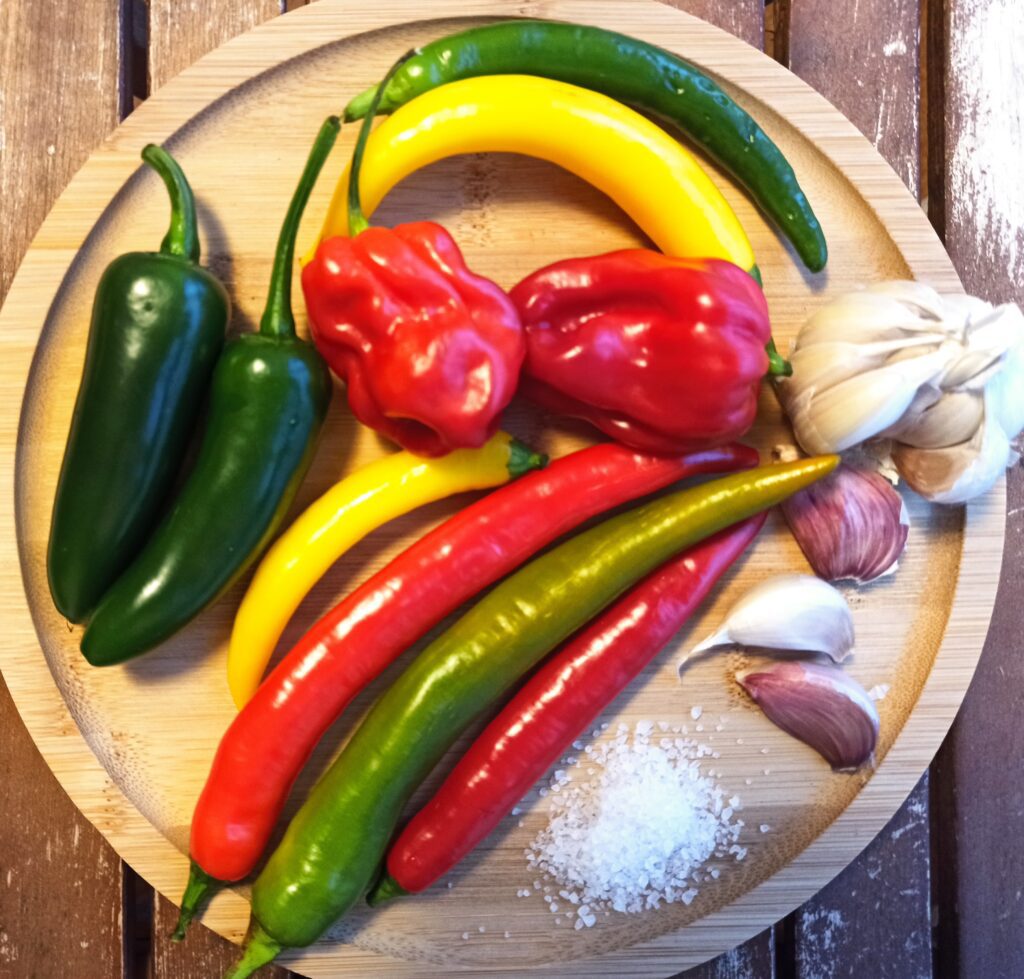
Caution and Considerations For Using Spices
1. Moderation is Key:
- Spicy Sensitivity: Some people might be more sensitive to certain spices, especially hot ones like cayenne pepper. Start with small amounts and see how your body reacts.
- Balanced Variety: It’s crucial to maintain a balanced diet with a variety of foods. Don’t rely solely on spices for your nutritional needs.
2. Allergies and Sensitivities:
- Individual Reactions: Everyone’s body is different. If you have known allergies or sensitivities to certain spices, be cautious and consult with a healthcare professional.
- Introduce Gradually: If you’re trying a new spice, introduce it gradually into your diet to monitor for any adverse reactions.
3. Interactions with Medications:
- Check with Your Doctor: If you are on medication or have specific health conditions, check with your healthcare provider. Some herbs may interact with certain medications.
- Caution with Supplements: If you’re considering spice supplements, such as capsules, be cautious and consult with a healthcare professional. It’s often best to get nutrients from whole foods.
4. Pregnancy and Special Conditions:
- Pregnancy Considerations: Pregnant individuals should be cautious about certain spices. For example, excessive intake of certain herbs might not be recommended during pregnancy.
- Special Conditions: Individuals with specific health conditions, like acid reflux or irritable bowel syndrome (IBS), should be mindful of the spices they consume, as some may exacerbate these conditions.
5. Consult with a Professional:
- Nutritionist or Dietitian: If you have specific health goals or concerns, consider consulting with a nutritionist or dietitian. They can provide personalized advice based on your individual needs.
- Healthcare Provider: Always consult with your healthcare provider before making significant changes to your diet, especially if you have underlying health conditions.
Enjoy the flavors, but do so mindfully!
Proper Storage of Spices
- Airtight Containers:
- Store spices in airtight containers to prevent air from entering, which can cause them to lose flavor and aroma.
- Choose glass or plastic containers with tight-sealing lids for optimal freshness.
- Cool, Dark, and Dry:
- Keep spices away from heat, sunlight, and moisture. Store them in a cool, dark, and dry place to preserve their quality.
- Avoid storing spice containers near the stove or in areas exposed to direct sunlight.
- Avoid Refrigeration:
- While some people consider refrigeration for certain herbs, it’s generally best to store spices in a pantry or cupboard. Refrigeration can introduce moisture, affecting the quality of the spices.
- Label Clearly:
- Label each spice container clearly with its name and purchase date. This helps you keep track of freshness and ensures you use them before they lose their potency.
- Grind as Needed:
- If possible, buy whole spices and grind them as needed. Whole spices retain their flavor longer than pre-ground ones. Use a spice grinder or mortar and pestle for grinding.
- Store Seeds Whole:
- Whole seeds, such as cumin or coriander seeds, maintain their flavor for a more extended period. Crush or grind them just before use for the freshest taste.
- Keep Spice Racks Tidy:
- If using a spice rack, make sure it’s organized and not overcrowded. This makes it easier to find spices and reduces the risk of spills or cross-contamination.
- Regularly Check and Rotate:
- Periodically check the expiration dates on spice containers, and rotate them to use older ones first. Most ground spices have a shelf life of about 1-3 years, while whole spices can last longer.
- Buy in Small Quantities:
- Consider buying smaller quantities of spices, especially if you don’t use them frequently. This helps prevent waste and ensures you’re using fresher spices.
- Store Vanilla and Extracts Properly:
- Keep vanilla beans and extracts in a cool, dark place. Avoid exposing them to heat, as this can cause the flavor to deteriorate.
By following these tips, you can ensure that your spices remain vibrant, flavorful, and ready to enhance your culinary creations.






